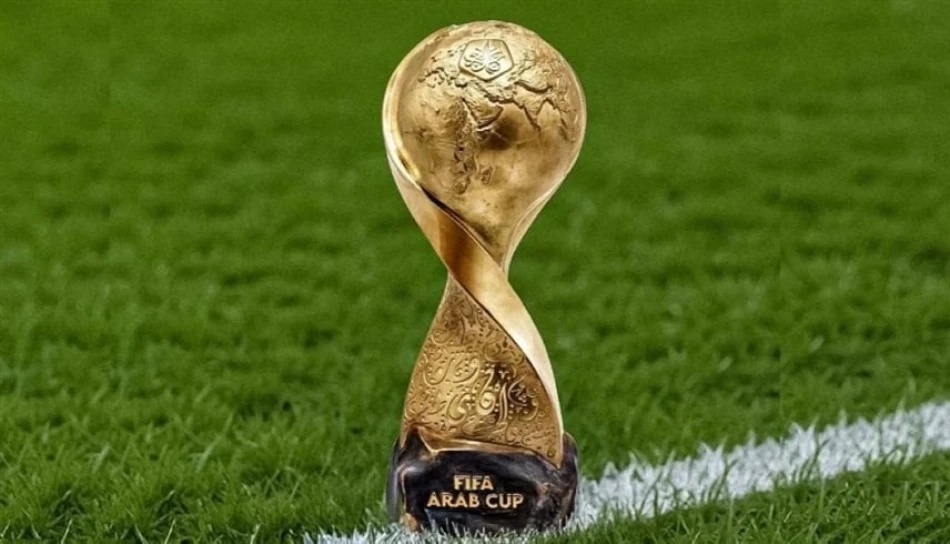
FIFA Announces Host Nations for the Next Three Arab Cup Tournaments
FIFA has approved Qatar to host the Arab Cup for three consecutive tournaments in 2025, 2029, and 2033. The decision came during FIFA's 74th Congress in Bangkok, where the council made several major announcements about international football's future, including new women's competitions and structural changes.
The Arab Cup will operate as an invitation-based tournament and won't be part of FIFA's official international match calendar. Qatar requested to host these three editions, building on their experience from the 2022 World Cup infrastructure and organizational capabilities.
But the bigger news might be FIFA's push into women's football. The council unanimously approved a new Club World Cup for women starting in January-February 2026. Sixteen teams will compete in this inaugural tournament, which will then happen every four years. FIFA also proposed an additional women's club competition starting in 2027 for the years when the Club World Cup isn't happening.
These moves show FIFA's strategy to expand revenue streams and global reach. Women's football has seen massive growth in viewership and commercial interest. The 2023 Women's World Cup broke attendance records, and broadcasters are paying more for rights. Creating regular club competitions gives FIFA more inventory to sell to sponsors and media companies.
FIFA also updated regulations for women's player transfers starting June 2024, focusing on protecting player rights. The organization has faced criticism for years about how women players are treated compared to men, so these regulatory changes signal an attempt to address those concerns.
Other decisions included formally appointing Mattias Grafström as FIFA's Secretary General after he held the role temporarily since October 2023. The council also confirmed the Philippines will host the first Women's Futsal World Cup in 2025.
The council set regional quotas for upcoming youth tournaments. For the Women's U-17 World Cup that Morocco will host in 2025-2029, Asia gets 4 spots, Africa gets 5, and Europe gets 5. For the men's U-17 tournament Qatar will host during the same period, Europe gets the most spots with 11, followed by Africa with 10 and Asia with 9.
These quota decisions often create tension between regions, as they determine which countries can participate in prestigious tournaments. The allocations generally reflect each region's football development level and competitive strength, but smaller confederations sometimes argue they deserve more representation.
Most Viewed News

 Sara Khaled
Sara Khaled






